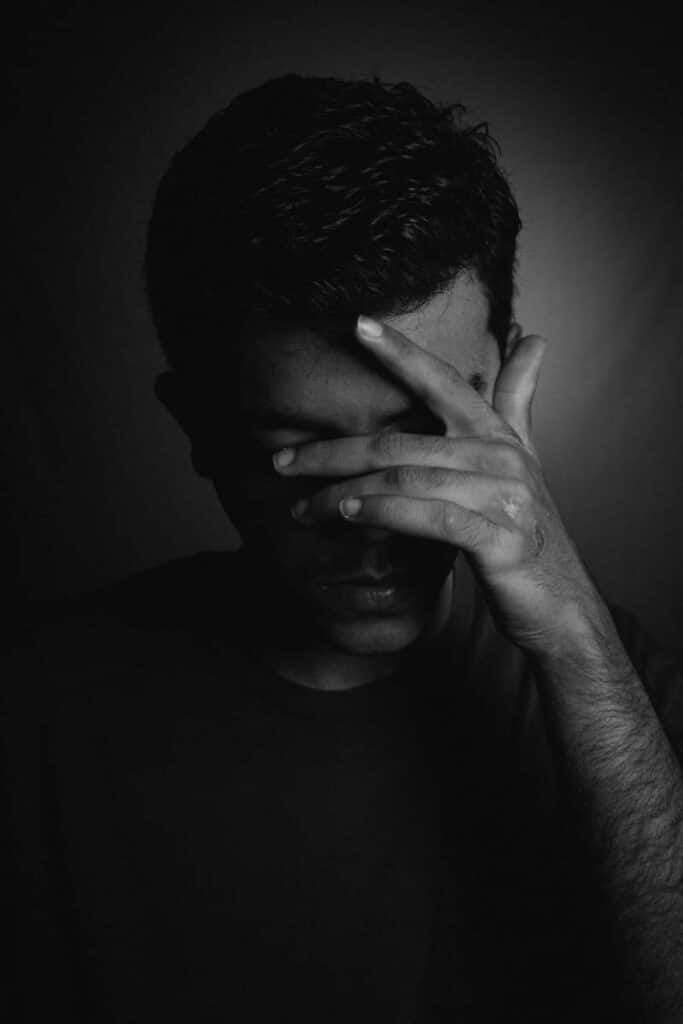When you, or a loved one, finally start treatment for drug addiction, it’s imperative that professional therapists are able to understand the patient as well as the condition. A dual diagnosis can play a central role in getting to understand the situation and subsequently build a tailored strategy to overcome the substance use disorder (SUD).
Here at Grand Falls Addiction Treatment Center, our experts can complete a dual diagnosis to ensure that the right support is provided throughout the journey to come.
What is a dual diagnosis?

A dual diagnosis is when an individual is diagnosed with both a SUD and a mental or behavioral condition. Studies show that there is a strong positive correlation between addiction and an increased risk of mental health issues. Roughly half of all people experiencing severe mental health conditions also have a SUD while 53% of drug addicts have at least one mental health condition.
While individuals seeking drug rehab services may be affected by a wide range of mental health conditions, the most common issues are:
- ADHD (attention-deficit hyperactivity disorder)
- Anxiety
- Bipolar and/or BPD (borderline personality disorder)
- Depression
- Eating disorders
- PTSD (post-traumatic stress disorder)
In many cases, people fall into drug addiction as a coping mechanism for their previously untreated mental health issues. Gaining a dual diagnosis enables the patient to gain a dedicated treatment plan that simultaneously targets both issues.
Why do co-occurring conditions occur?
Studies show that over 9.5 million Americans suffer from co-occurring conditions. For some patients, it starts as a SUD that leads to the onset of mental health conditions. For others, mental health conditions are the root cause of why they turned to drugs. Either way, it’s imperative that the right drug rehab center is selected to help combat both issues.
Understanding the contributing and overlapping factors that lead to SUDs or mental health problems is a vital part of developing the right rehabilitation strategy. Some of the reasons that conditions co-occur include but are not limited to:
- Many substances impact the brain’s natural responses. Psychosis and hallucinations are two examples that mimic certain mental health issues.
- Genetics and family history. Your genetic makeup accounts for around half of your vulnerability to drug addiction. Early exposure to drugs increases the risks too.
- Chronic stress and other environmental triggers can increase the risk of developing mental health disorders as well as substance abuse.
Here at Grand Falls Recovery, we can treat co-occurring conditions involving a range of SUDs, such as alcohol, cocaine, heroin, opioids, and prescription drugs. When there is a dual diagnosis, this can extend to a range of mental health conditions, including the issues mentioned above.
Signs that co-occurring conditions are present

If you suspect that your loved one experiences co-occurring conditions, a professional dual diagnosis is the key to securing the right treatment plan. However, spotting the signs is a crucial first step that will encourage you to stage an intervention or talk to the patient about their problems.
Common symptoms often shown by patients who receive a dual diagnosis include:
- A refusal to voluntarily seek treatment
- Sudden behavioral changes and erratic actions
- Avoiding events and hobbies they once loved
- Difficulties managing finances or daily tasks
- Cognitive impairment
- Hiding or downplaying their substance abuse
When you know that your loved one has developed an abusive relationship with substances, it’s vital that you respond in the correct fashion. Finding a drug rehab center that will offer dual diagnosis and treatments for co-occurring conditions can make the journey ahead seem a little less daunting.
Professional dual diagnosis and rehab treatments
Whether your loved one developed the SUD or the mental health condition first, it’s vital that they receive a tailored treatment plan that tackles both issues. When coping with co-occurring conditions, it’s important to avoid self-medication for mental health issues as this could worsen the substance addiction. For this reason and many more, partnering with a team of dedicated experts is vital. It means gaining the best treatments and delivering peace of mind.
The Grand Falls Recovery team of friendly and professional therapists and drug rehab experts provides tailored inpatient care. In addition to advanced treatments based on a dual diagnosis, our comfortable facilities and suitable location provide the best setting to complete the detoxification from substances process while simultaneously working to improve an individual’s mental health.
When suffering from co-occurring conditions, a dual diagnosis is the only way to restore a sense of normality that covers sobriety and mental health. A clear pathway to recovery, including exceptional aftercare, starts here.

